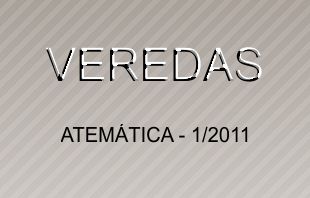1) O fenômeno da inacusatividade no português: por uma análise léxico-sintática dos verbos do tipo ir e chegar
Abstract
Inglês: This paper discusses the inaccusativity in Portuguese grammar, based on sentence structures that have verbs such as to go and to arrive. For this, we use introspection data. The main goal of this study is to contribute to a better comprehension of the lexic-syntactic mechanisms involved in the analyzed structure contexts. Based on theoretical presumptions from Principles & Parameters framework (CHOMSKY, 1981 and 1986) and Lexical Uniformity Hypothesis's predictions (REINHART, 2000), we conclude that these verbs have two arguments. Furthermore, we show evidences that inaccusative verbs are a non- homogeneous class.Key-words: inaccusativity; portuguese, lexicon; syntax.
Tradução: Este artigo discute a inacusatividade na gramáticado português, tomando por base estruturas frásicas construídas com verbos do tipo ir e chegar. Para tanto, são utilizados dados de introspecção. O principal objetivo deste estudo é contribuir para uma melhor compreensão dos mecanismos léxico-sintáticos envolvidos nos contextos estruturais analisados. Apoiados nos contributos teóricos advindos da Teoria de Princípios e Parâmetros (CHOMSKY, 1981 e 1986) e da Hipótese da Uniformidade Lexical (REINHART, 2000), concluímos que esses verbos são de dois lugares. Ademais, apresentamos evidências de que verbos inacusativos não formam uma classe homogênea.
Palavras-chave: inausatividade; português; léxico, sintaxe
Downloads
Download data is not yet available.

